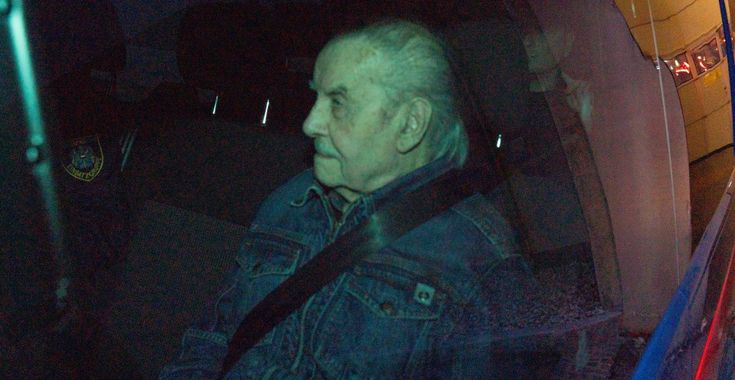In the annals of criminal psychology, few cases are as harrowing and perplexing as that of Josef Fritzl. His infamous story, rife with moral depravity and chilling manifestations of human malice, reveals a labyrinth of twisted secrets that continue to haunt public consciousness. This narrative is not merely about one man’s heinous acts; it encapsulates a complex interplay of psychological anomalies, sociocultural underpinnings, and the enduring impact on survivors and society.
Fritzl’s life is marked by a stark duality. On the surface, he was a seemingly ordinary Austrian man, engaging in mundane activities and donning the guise of a respectable family patriarch. However, beneath this veneer lurked a deeply disturbed individual, whose capacity for manipulation and cruelty defied conventional understanding. His most egregious act, the entrapment of his daughter Elisabeth in a subterranean dungeon for twenty-four years, is a narrative that echoes through various forms of media, inviting both horror and fascination.
Delving deeper into Fritzl’s psyche unveils a myriad of factors that contributed to his monstrous behavior. Early familial influences, characterized by strict paternal authority and emotional disengagement, shaped his worldview. The vacillating dynamics of power within the household—a theme that reverberates throughout various academic studies—provide a backdrop for understanding his eventual descent into darkness.
Moreover, the socio-political landscape of mid-20th century Austria, replete with its own historical traumas, offers an intriguing context. The cultural attitudes toward authority, masculinity, and shame have been scrutinized, suggesting that they may have normalized or even perpetuated Fritzl’s abhorrent actions. This intersection of personal pathology and societal norms forms a tapestry that invites sustained inquiry.
The ramifications of Fritzl’s actions extend far beyond his immediate domestic sphere. The repercussions for his victims, particularly Elisabeth and her children, are profound. Psychological trauma, social stigmatization, and a struggle for reintegration into society present immense challenges. Various support systems, including psychological counseling and community outreach, have emerged, highlighting the resilience of the human spirit amid unimaginable adversity.
Furthermore, the case has stimulated discourse about legal systems and the adequacy of safeguards against such predators. Calls for reform in handling domestic abuse cases, bolstered by Fritzl’s egregious violations, seek to galvanize action among lawmakers to prevent a recurrence of such atrocities. Public safety and vigilance have become rallying cries, as awareness spreads about the often-hidden nature of familial violence.
In conclusion, the saga of Josef Fritzl serves not only as a chilling reminder of human depravity but also as a catalyst for discussion on the complexities of psychological trauma, the resilience of survivors, and the imperative for societal reform. This multifaceted narrative continues to captivate and disturb, urging society to confront unpleasant truths about familial structures and the shadows that dwell within them.
